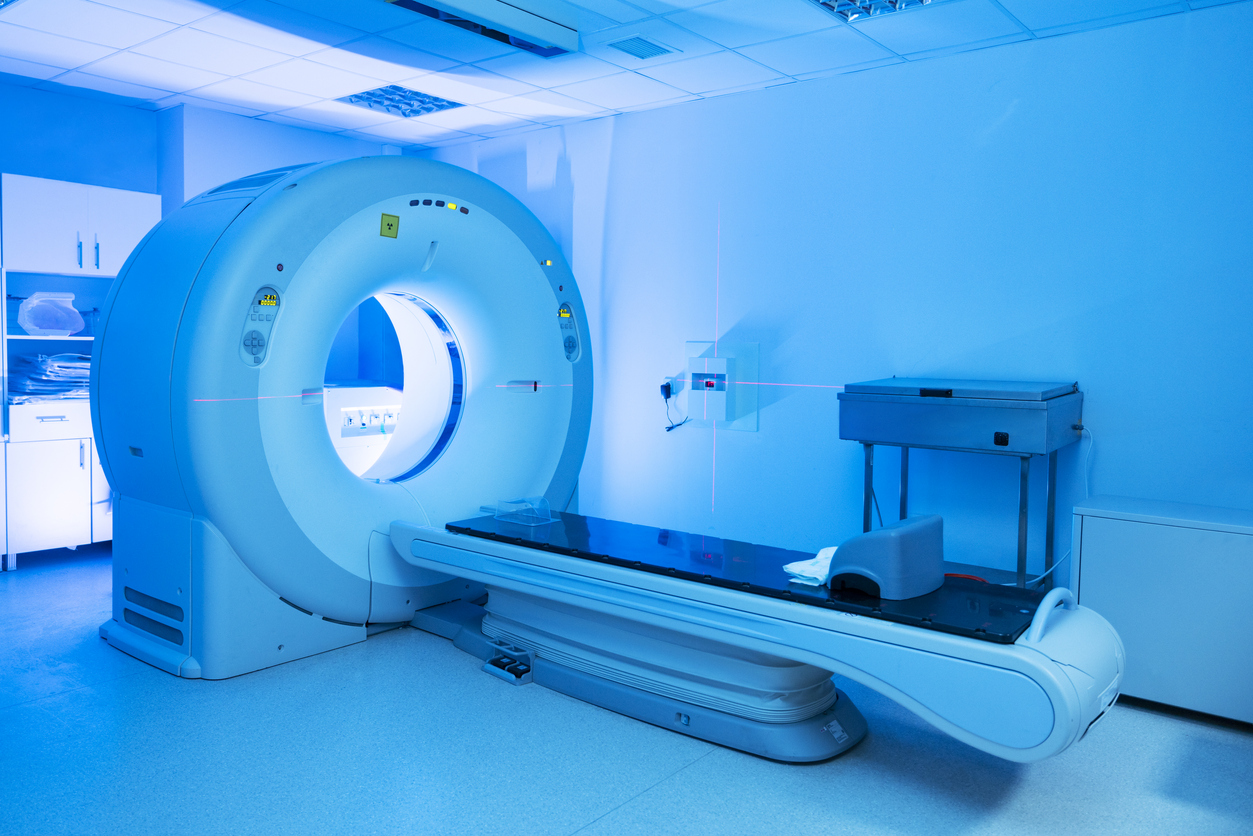Professor Chris Hopkins, Consultant Clinical Scientist and Head of TriTech Institute, writes in this guest blog about an AI/Machine Learning-based MRI diagnostic aid for prostate cancer.

Prostate cancer affects 1 in 8 men throughout their lifetime. Due to increasing longevity and increased awareness the incidence and prevalence of prostate cancer is increasing. Prostate cancer is predominantly diagnosed using a blood test (prostate-specific antigen or PSA), followed by Magnetic Resonance Imaging (MRI) scans and finally a biopsy; however, these MRI scans require specialist interpretation and timely reporting. A shortage of radiologists and particularly urology specialist radiologists can be a limiting factor, especially as demand grows leading to delays in the diagnostic pathway. An artificial intelligence (AI)/machine learning (ML) based MRI diagnostic aid for prostate cancer may support clinical decision making and reduce time to interpret MRI.
JivaRDX (a class IIa medical device, pending MHRA approval) is a radiology-facing application that predicts the presence of cancerous tissue from prostate MRI scans, and is intended for use as a diagnostic aid. Operationally, the model can integrate into the radiology workflow non-disruptively by automatically annotating imaging files and therefore requires minimal intervention and training.
The model was evaluated over eighteen months across all four acute hospital sites within Hywel Dda University Health Board (HDdUHB). As part of the evaluation, we retrospectively analysed scans taken of 121 patients with suspected prostate cancer. These anonymised scans, combined with levels of blood prostate specific antigen (PSA) (a known biomarker for prostate cancer) and patient age, were used to create a feasibility demonstration of the platform as a multimodal predictor of the presence of the disease. The initial evaluation would prepare for clinical pilot readiness and quantify early Value-Based healthcare impact as well as diagnostic accuracy.
Technology evaluation
In conclusion the MRI model was found to provide 76% sensitivity, 65% specificity and 69% accuracy in detecting prostate cancer. Multiple studies have shown Radiologist specificity at 57%. Whilst these results are extremely promising, further analysis is required before JivaRDX is moved into routine clinical care within Hywel Dda.
Clinical and patient perspectives
Eleven out of fifteen Multi-Disciplinary Team (MDT) members responded, and all eleven MDT members had a positive opinion of the MRI diagnostic aid. All highlighted the positive impact the AI/ML model could have on patient safety, outcomes, teamwork, communication, and efficiency.
Only three out of twenty patients responded to the questionnaire, but all three patients had a positive opinion of the AI/ML. In general, our patients reported enthusiasm on the ability of AI/ ML to be a positive influence in medicine. They felt healthcare AI was a positive step forward and those patients who understood the concept of AI were supportive of developing AI tools for a variety of different healthcare applications.
Our patients' view on the implementation of AI in healthcare is still mainly unexplored territory, hence successful implementation of AI in radiology requires the assessment of our communities’ views towards the technology. There is now a national effort underway to examine the transparency, bias, discrimination and ethical aspects of these complex algorithms.

